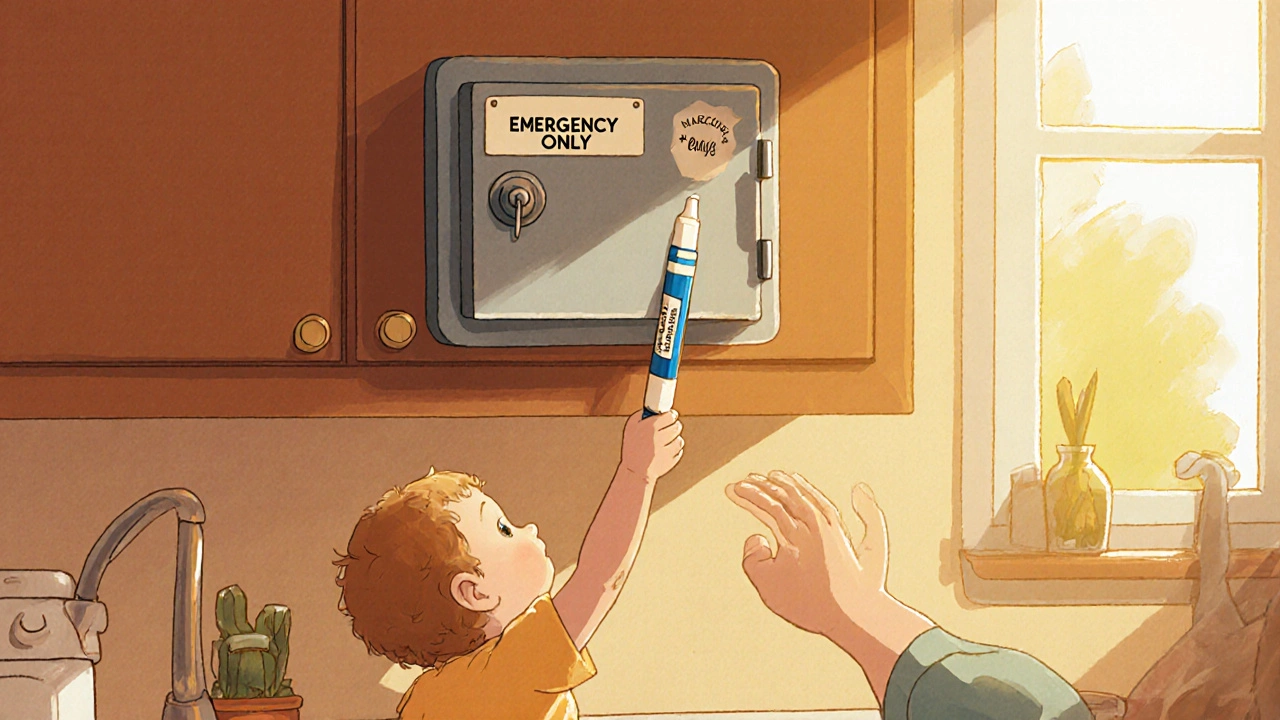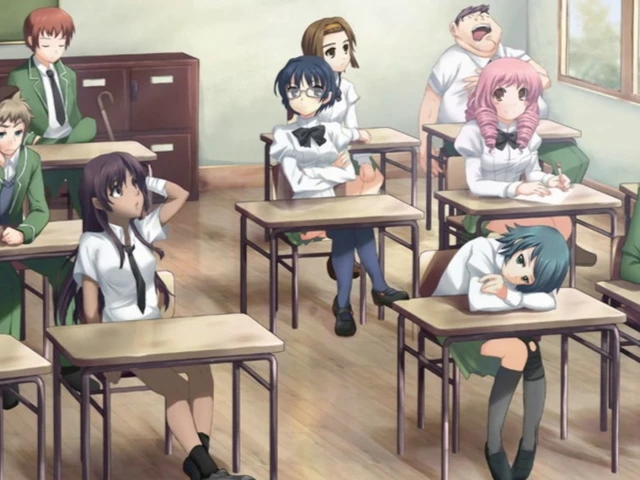Secure Storage for Medications: Keep Your Pills Safe and Effective
When it comes to your medicines, secure storage, the practice of keeping medications in a locked, dry, and out-of-reach place to prevent accidental ingestion, theft, or degradation. Also known as medication safety storage, it's not just a suggestion—it's a must for every household. Think about it: how many people in your home have access to your medicine cabinet? Kids, guests, even older adults with memory issues—anyone can stumble upon pills and accidentally take the wrong dose. The CDC reports that over 60,000 emergency room visits each year in the U.S. are due to accidental medication exposure in children under six. That’s not a statistic—it’s a preventable risk.
Childproof storage, a specific type of secure storage designed to keep medicines away from young children using locked containers or high shelves isn’t just for families with toddlers. Grandparents with dementia might grab the wrong bottle. Teens might experiment with leftover painkillers. Even pets can get into open bottles. A locked box in a closet, a medicine lockbox, or even a high cabinet with a latch—these aren’t luxuries, they’re basics. And don’t assume your medicine cabinet is safe. Most are unlocked, easy to reach, and often left open. Heat and humidity from the bathroom can also make pills lose potency faster. That’s why pharmaceutical storage, the proper environmental conditions needed to maintain drug effectiveness, including cool, dry, and dark environments matters just as much as physical access. Store your meds away from sinks, showers, and windows.
Some drugs need extra care. Insulin, for example, goes bad if it gets too hot. Nitroglycerin tablets lose strength if exposed to light. Even common pills like antibiotics or antidepressants can break down if stored improperly. You wouldn’t leave milk out on the counter for days—why treat your meds any differently? medication safety, the overall approach to preventing harm from drugs through proper handling, storage, and disposal covers all of this. It’s not about being paranoid. It’s about being smart.
And what about expired meds? Don’t just toss them in the trash or flush them down the toilet. Many communities have drug take-back programs. If not, mix them with coffee grounds or cat litter, seal them in a bag, and throw them out. That’s the safest way to stop someone else from digging through your garbage. Secure storage doesn’t end with locking the cabinet—it ends with proper disposal.
The posts below cover real-world situations where secure storage ties into bigger health issues: how a forgotten bottle led to accidental overdose, why some drugs must be kept cold even during travel, how to talk to teens about pill safety, and what to do when a loved one with memory loss starts mixing up meds. These aren’t theoretical tips—they’re lessons from people who’ve been there. Whether you’re caring for a child, an aging parent, or just trying to keep your own meds under control, you’ll find practical steps you can use tomorrow.



